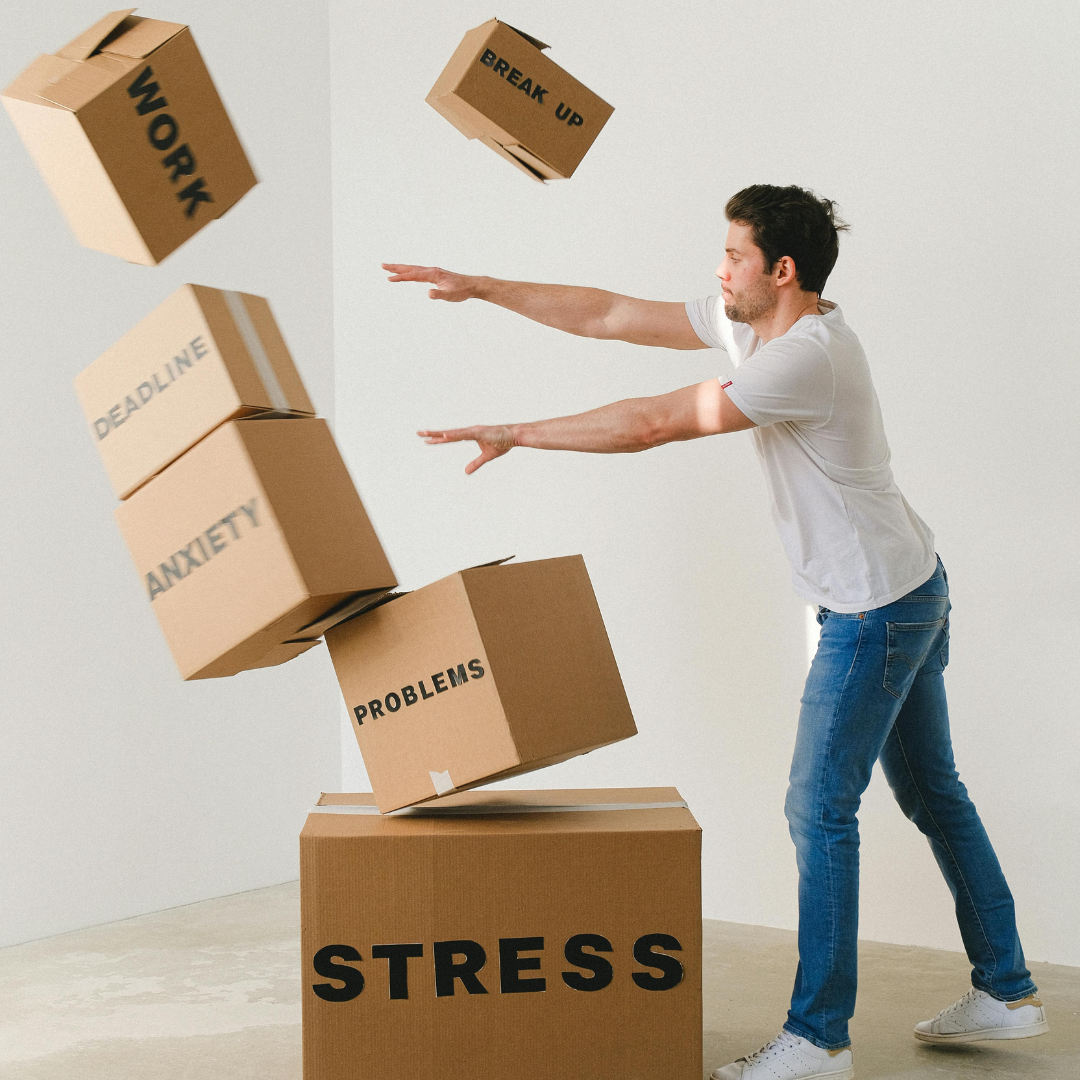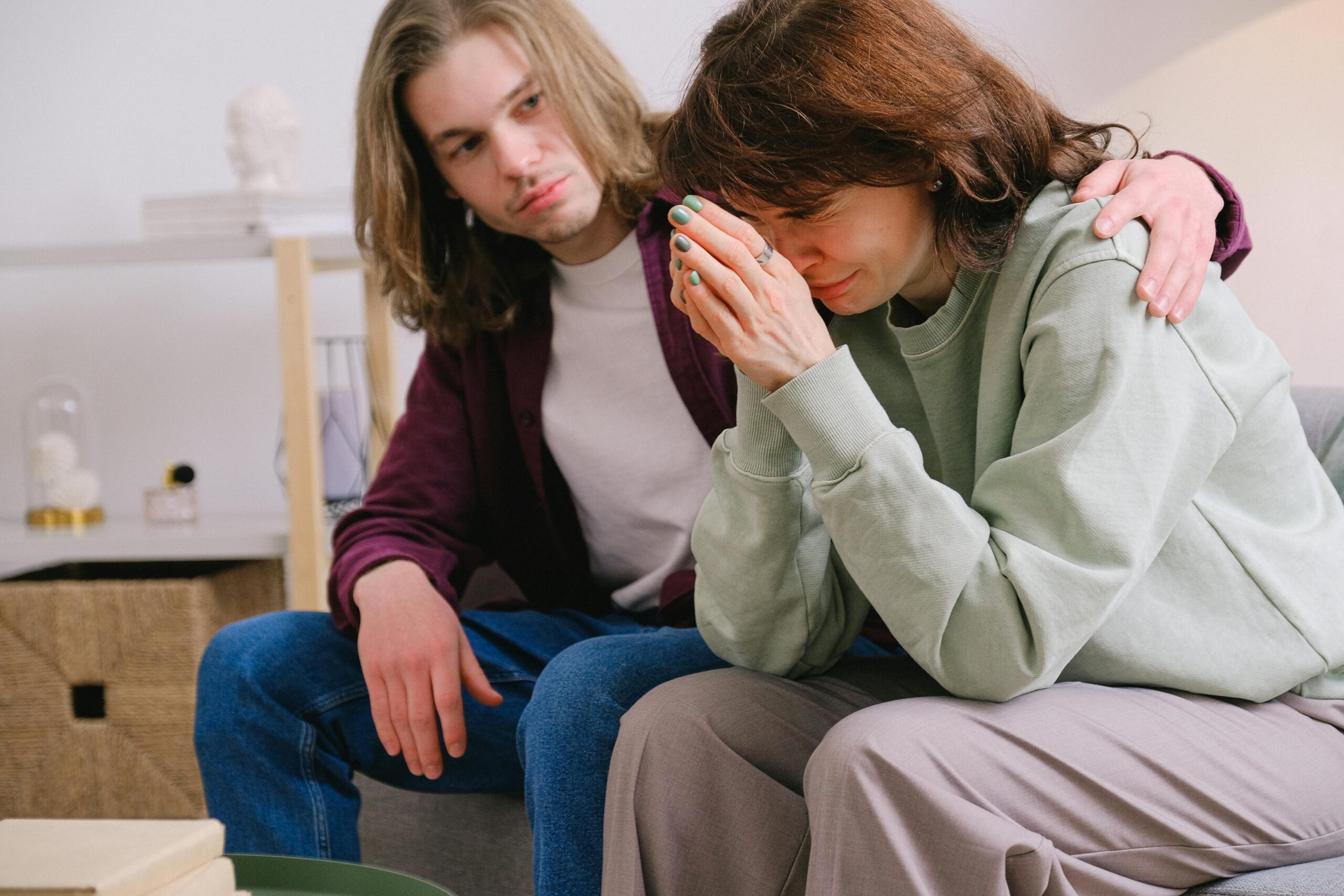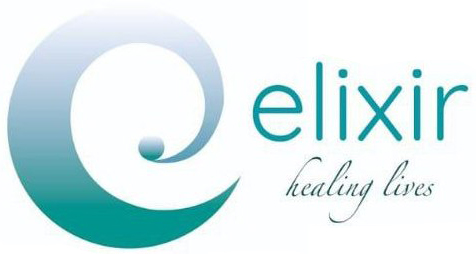Anxiety
Anxiety
Hypnosis induces a trance-like state characterized by deep relaxation, heightened focus, and increased suggestibility. In this state, the individual’s conscious mind becomes more subdued, allowing access to the subconscious where deeply ingrained thought patterns and beliefs reside. By bypassing the critical faculty of the conscious mind, hypnosis enables the introduction of therapeutic suggestions aimed at promoting relaxation, reducing anxiety, and fostering positive changes.
Hypnosis may influence neuroplasticity, the brain’s ability to reorganize and form new neural connections. Through repeated exposure to hypnotic suggestions, individuals can create and strengthen neural pathways associated with relaxation and emotional regulation. This can lead to long-term changes in brain function and behavior, enhancing resilience against anxiety.

Hypnotic suggestions for anxiety reduction often involve imagery and visualization techniques. Individuals may be guided to imagine themselves in peaceful and tranquil settings, experiencing sensations of calmness and relaxation. Progressive muscle relaxation exercises may also be employed to release tension and promote physical relaxation.
Hypnosis allows for the reevaluation and reframing of negative thought patterns associated with anxiety. Through guided imagery and suggestion, individuals can challenge irrational beliefs and replace them with more rational and adaptive alternatives. For example, they may be guided to reinterpret past experiences in a more positive light or envision successful outcomes in future scenarios, fostering a sense of empowerment and control.
Hypnosis can be used to facilitate exposure therapy, a technique commonly used in the treatment of anxiety disorders. By guiding individuals through virtual exposure to anxiety-provoking stimuli, such as imagined social situations or feared objects, hypnosis allows for gradual desensitization and habituation to these triggers. This process helps individuals confront their fears in a controlled and safe environment, reducing anxiety and increasing confidence in their ability to cope effectively.
Individuals can supplement formal hypnotherapy sessions with self-help resources such as guided hypnosis recordings or scripts. These resources often target specific anxiety symptoms or triggers and can be used independently or in conjunction with professional guidance. Guided hypnosis scripts provide individuals with a convenient and accessible means of practicing relaxation techniques and implementing therapeutic suggestions outside of formal therapy sessions.
In addition to hypnosis, individuals can incorporate mindfulness meditation, deep breathing exercises, progressive muscle relaxation, and other relaxation techniques into their daily routine. These practices promote self-awareness, stress reduction, and emotional regulation, complementing the effects of hypnotherapy and enhancing overall well-being.

